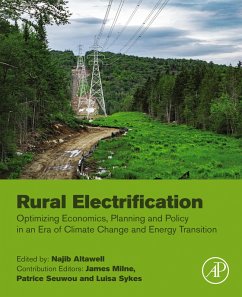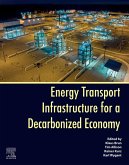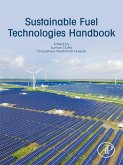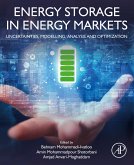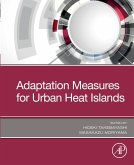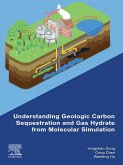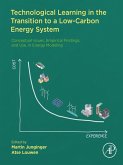Novel approaches to address the challenges of rural electrification, including distributed generation systems, new management and ownership models, off-grid systems, and future energy technologies are thoroughly explored. The work concludes with a comparative assessment of different energy supply technologies and scenarios, contrasting the pros and cons of fossil fuels versus renewable energy resources to achieve the goal of comprehensive rural electrification.
- Provides a suite of new approaches to deliver and expand electrification across challenging rural environments
- Describes optimal economics, planning and policy for electrification where there is no access to electricity
- Reviews how practitioners can achieve cost reductions for rural energy supply using existing technologies
- Addresses routes to power rural electrification within a transitioning energy economy while simultaneously accounting for climate change considerations
Dieser Download kann aus rechtlichen Gründen nur mit Rechnungsadresse in A, B, BG, CY, CZ, D, DK, EW, E, FIN, F, GR, HR, H, IRL, I, LT, L, LR, M, NL, PL, P, R, S, SLO, SK ausgeliefert werden.

